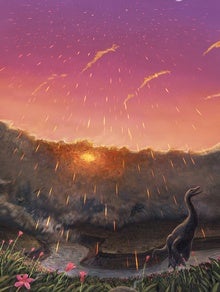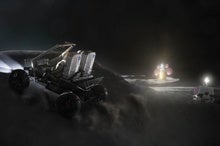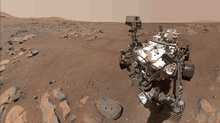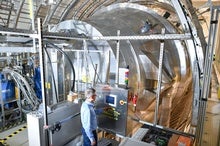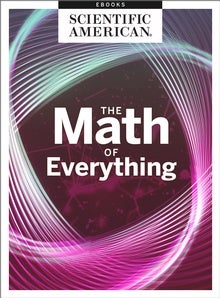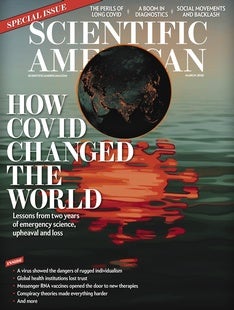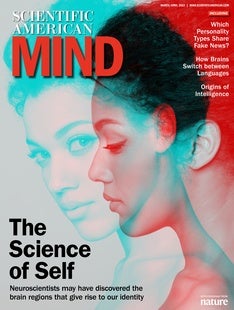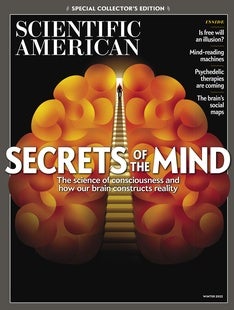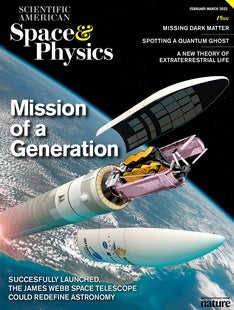 |
| February 24, 2022 |
Dear Reader,
This week's batch of stories includes one on an absurdly powerful cosmic explosion, produced by a strange star that in its death throes shone some 10,000 times brighter than a typical supernova. This new class of supernovae, it is thought, could offer deeper, closer views of the black holes and neutron stars thought to power them. But no matter how bright such far-distant cataclysms appear in our skies, for now most views are turned back down to Earth, to the unfolding Russian invasion of Ukraine. The global culture of science is not immune from such grim events, as our included story on the invasion's early impacts on Ukrainian researchers makes clear. Stay safe out there. |
| |
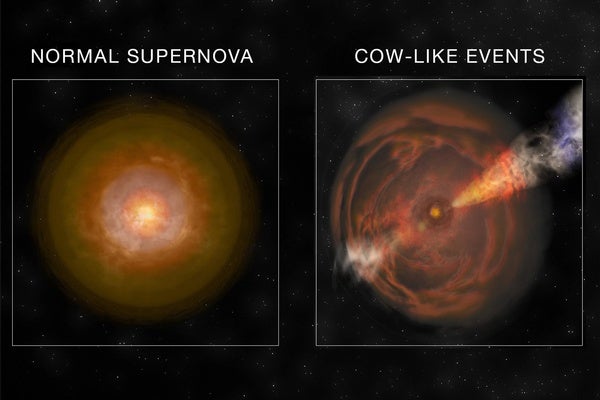 |
| |
| |
| |
| |
| |
| |
| |
| |
| |
FROM THE STORE
 | | The Math of Everything Galileo said that mathematics is the language of nature. This eBook examines math across disciplines, exploring how math is the backbone connecting the physical, social and economic worlds. From practical questions about the significance of p values and using math to fight gerrymandering to the top theoretical problems in the field, this collection looks at what math reveals about our universe. |  | | |
| |
| |
FROM THE ARCHIVE
 | | | |
LATEST ISSUES
 |
| |
| Questions? Comments?  | |
| Download the Scientific American App |
| |
| |




